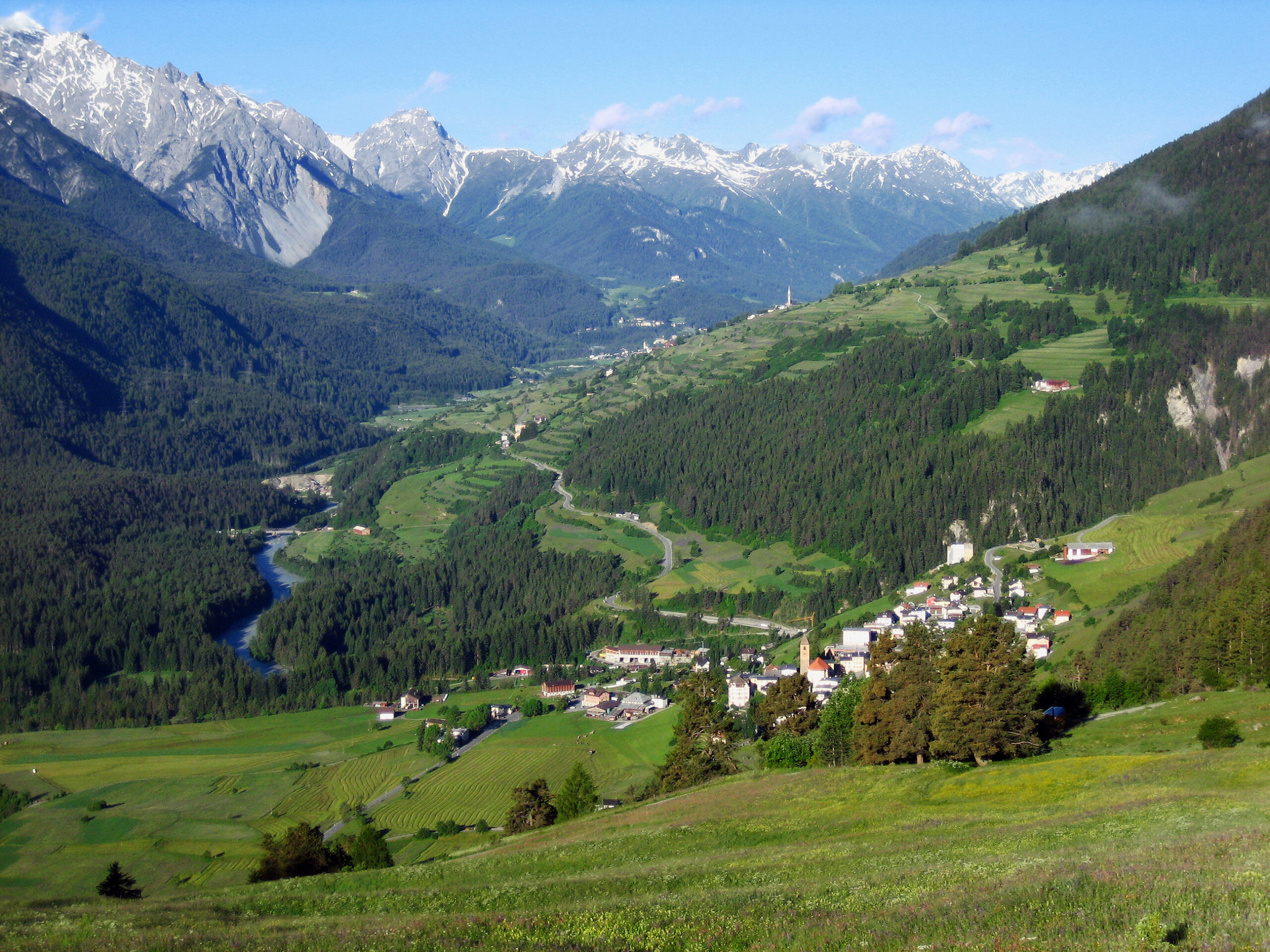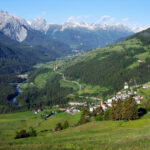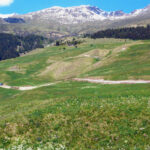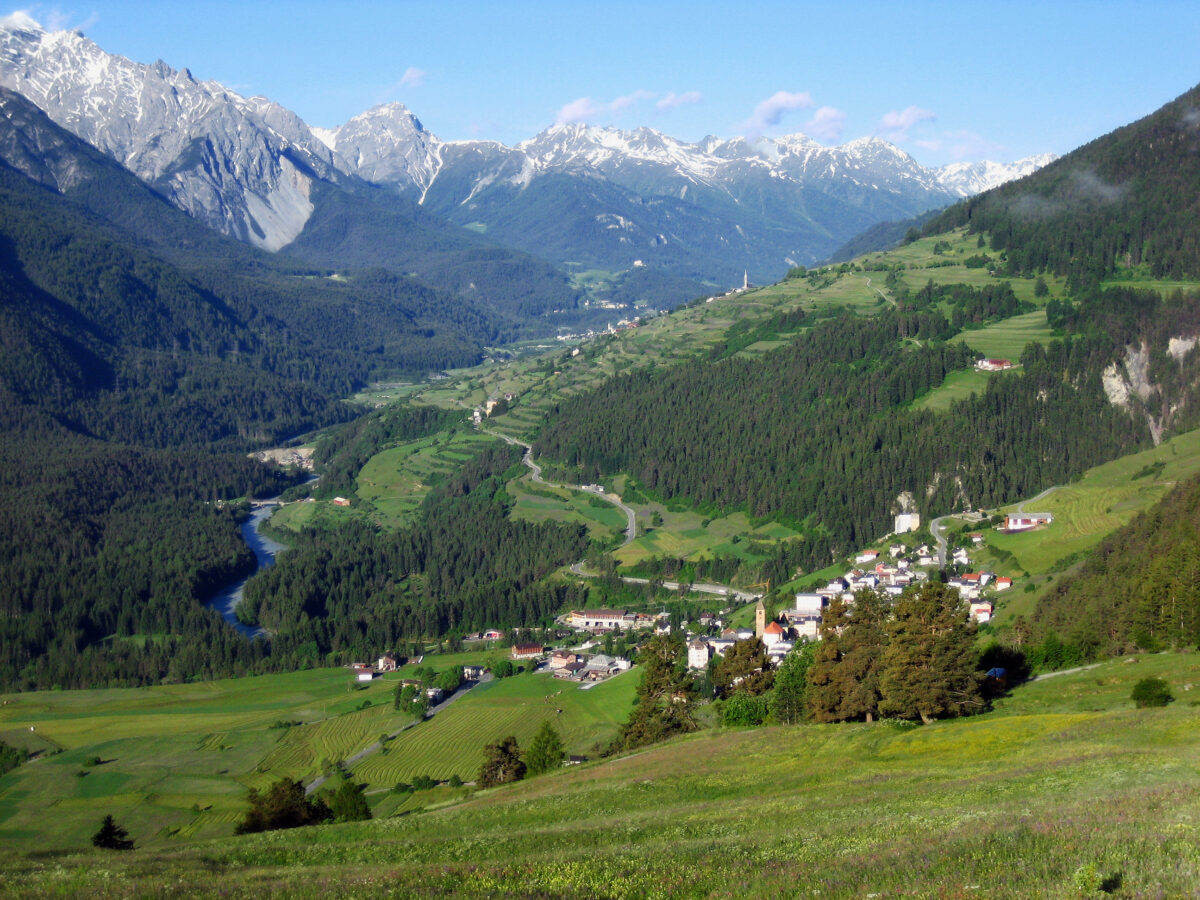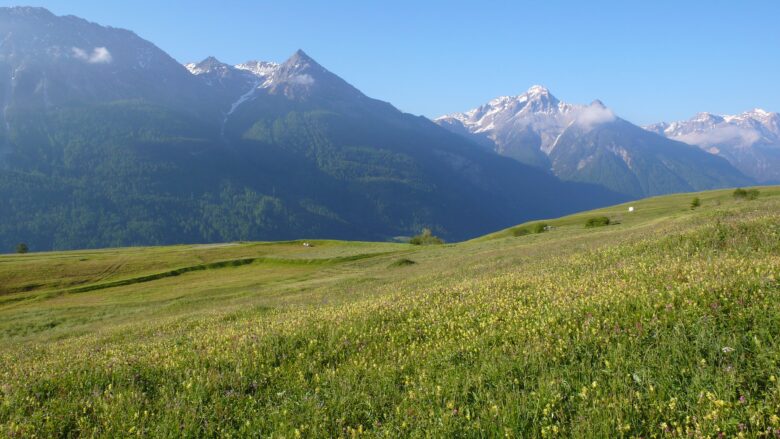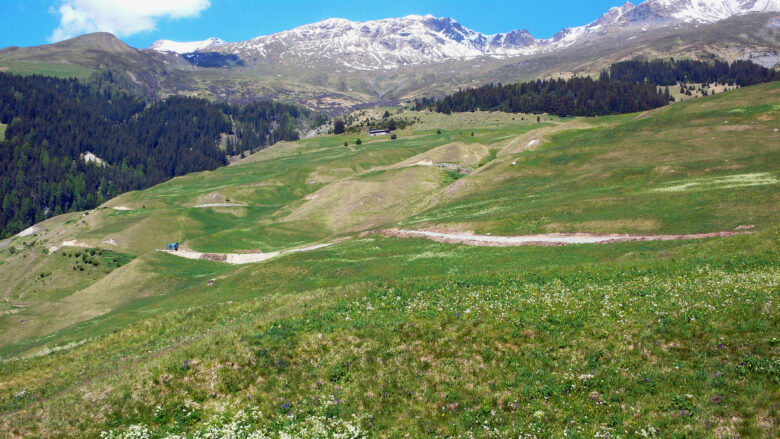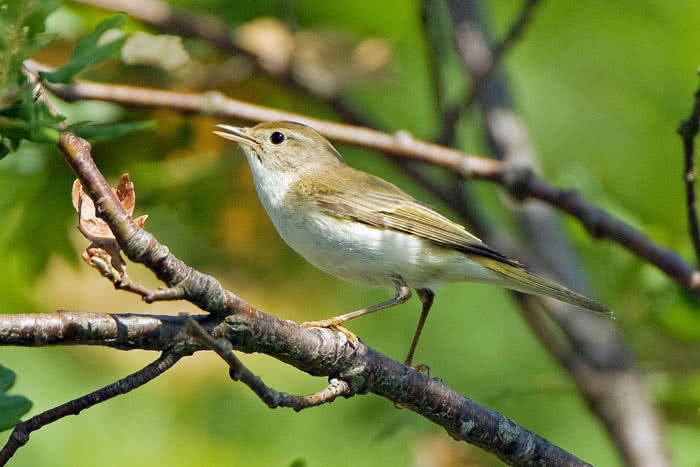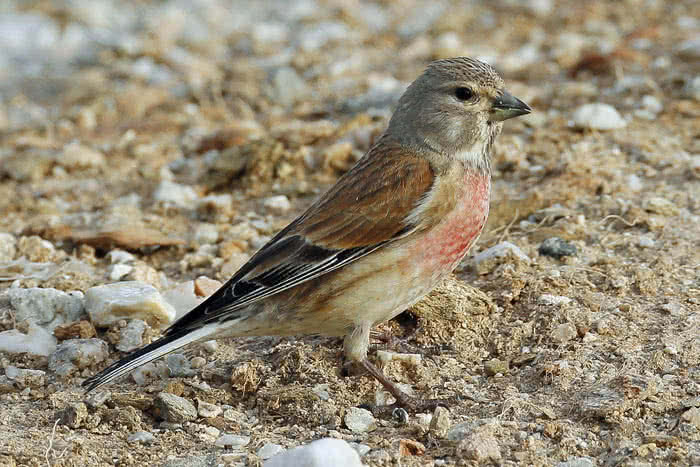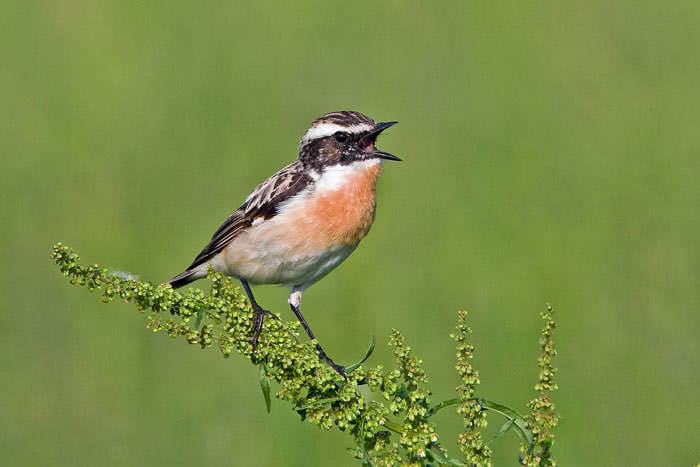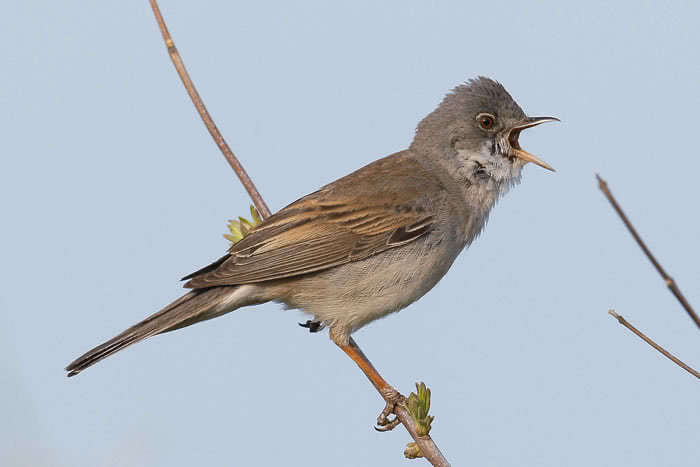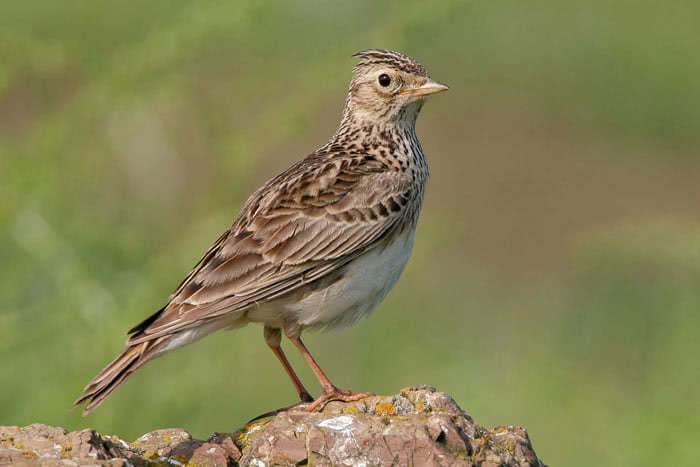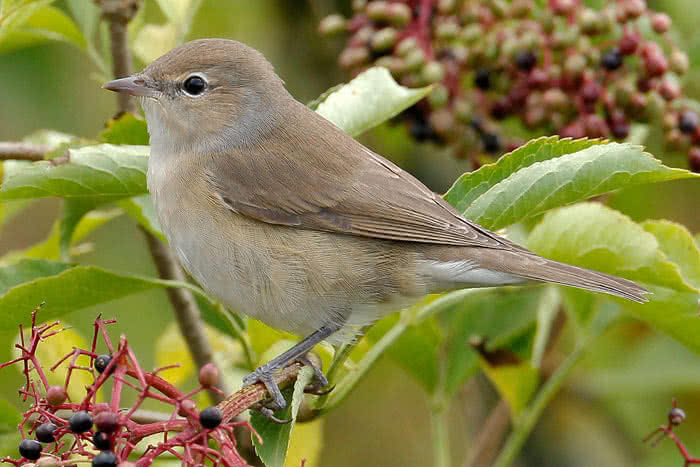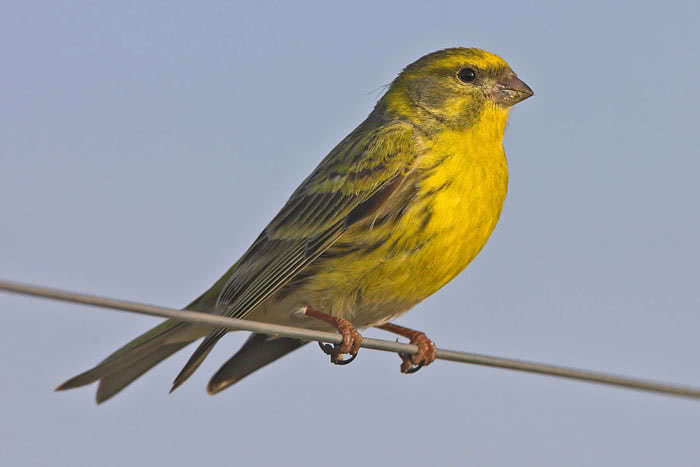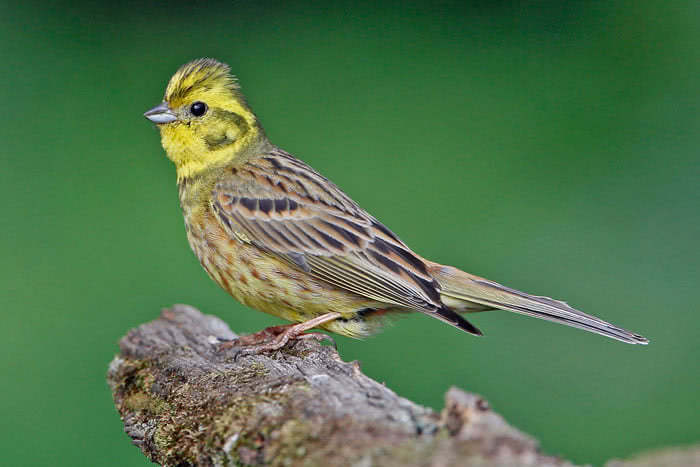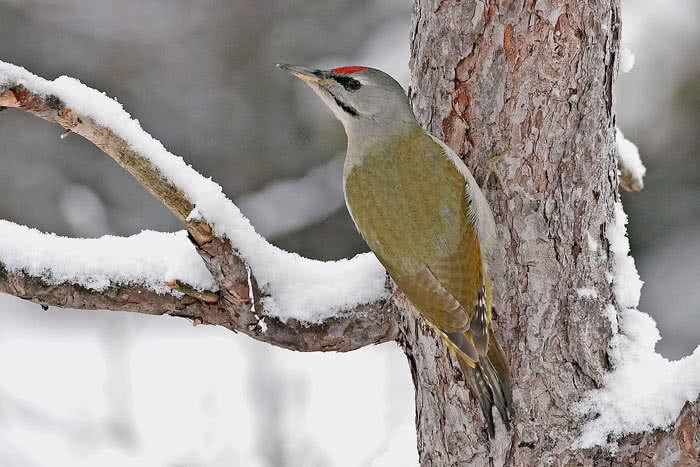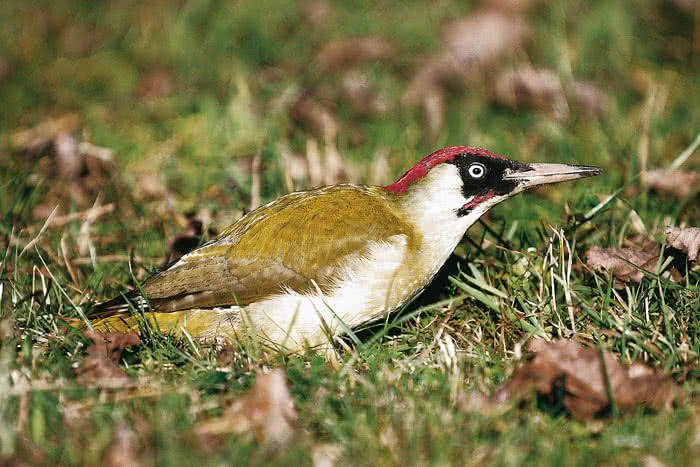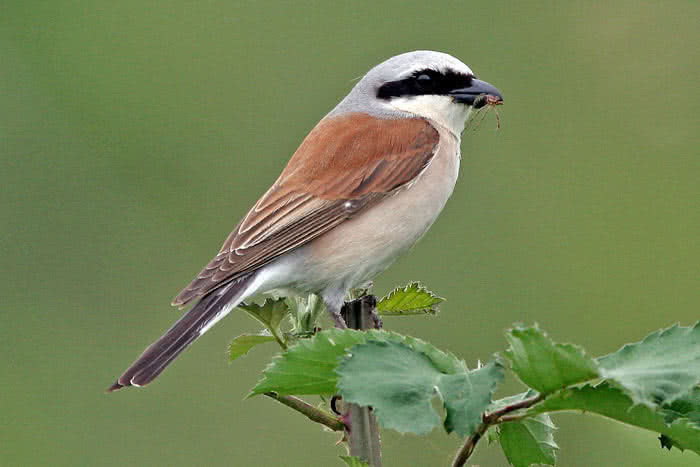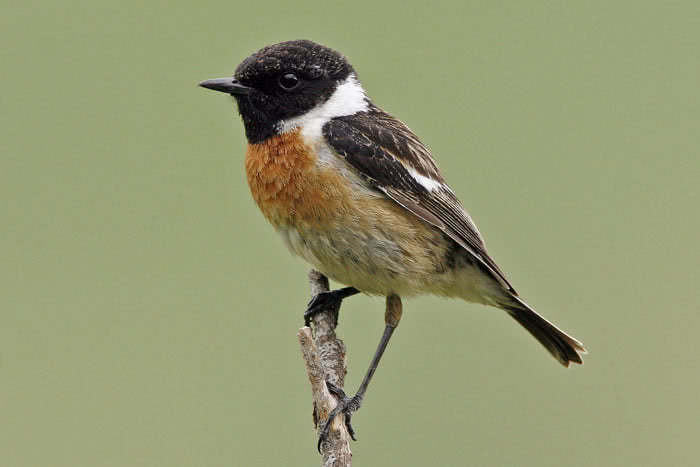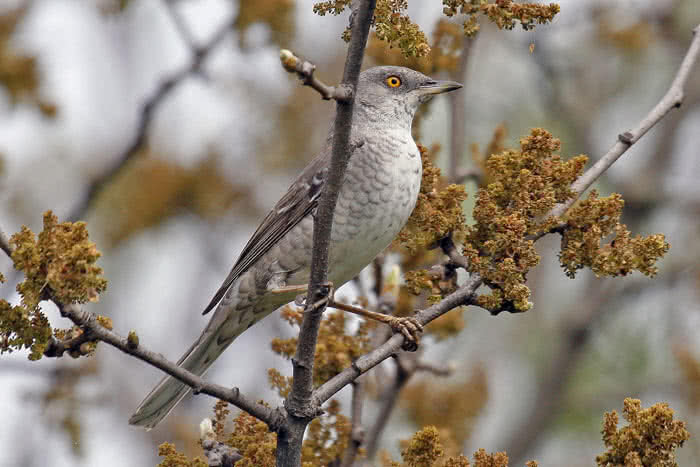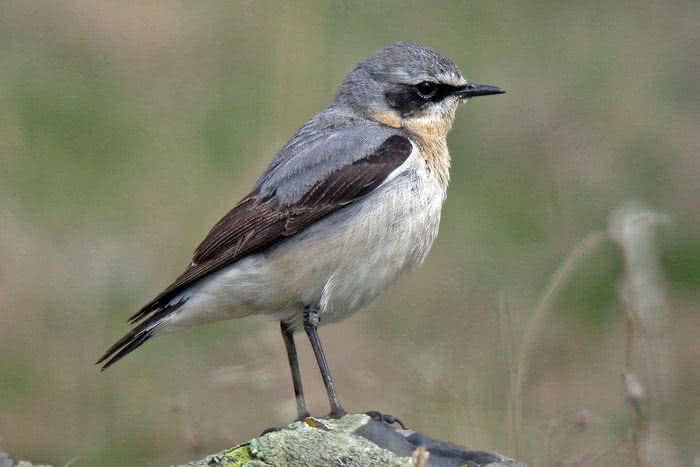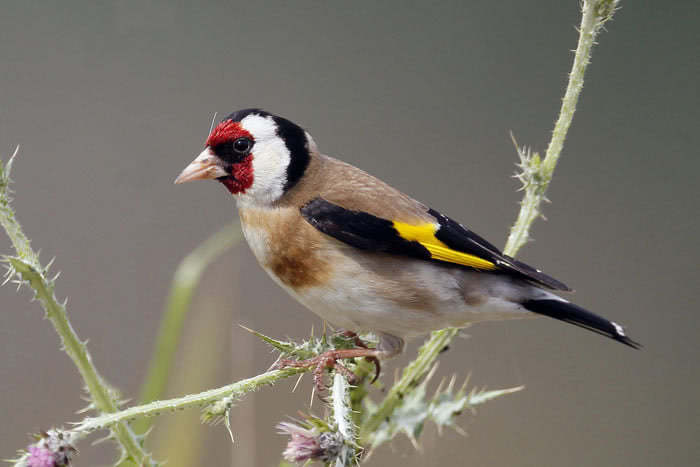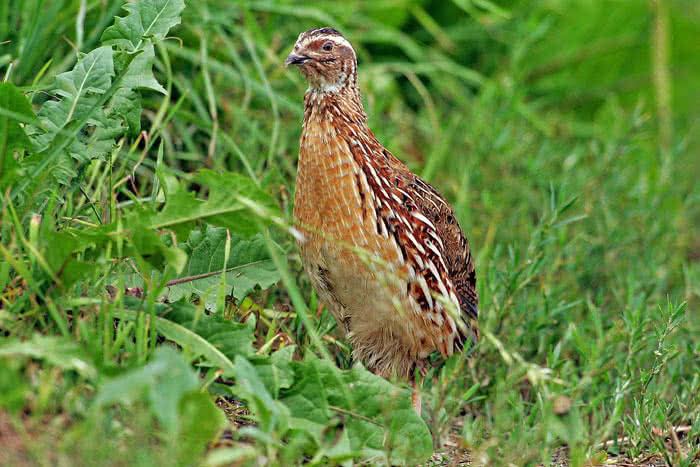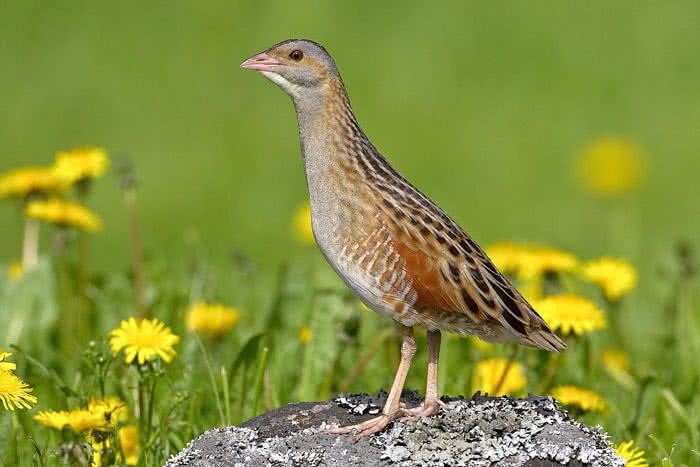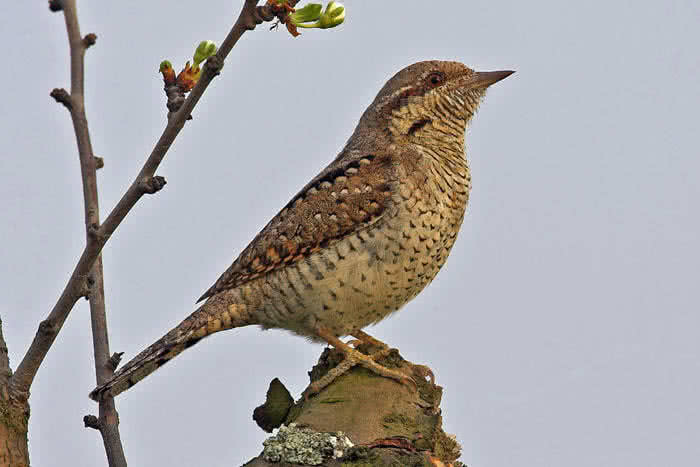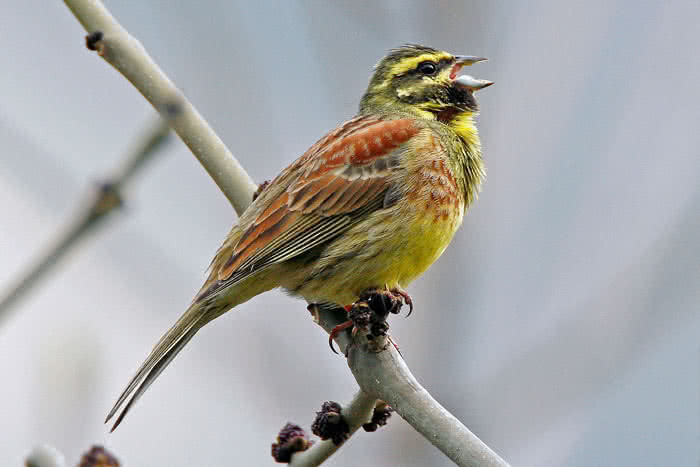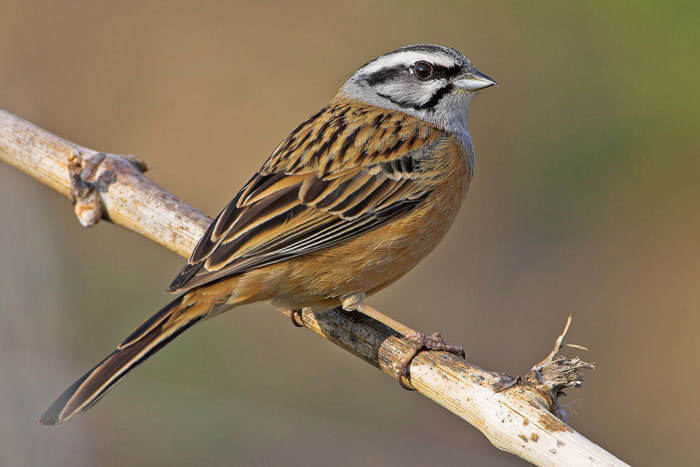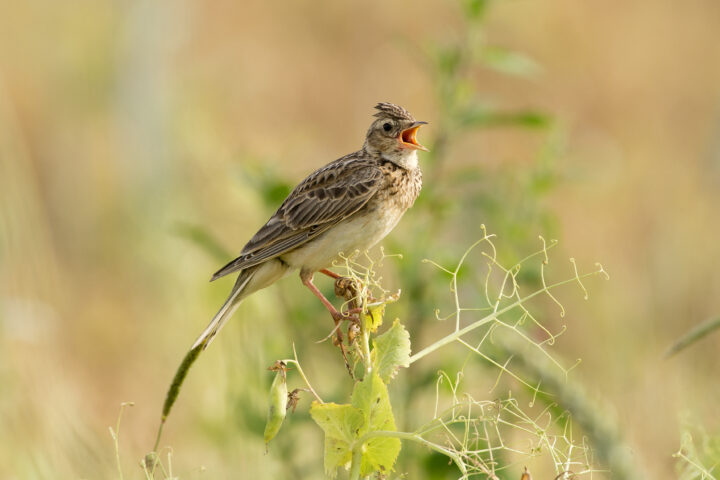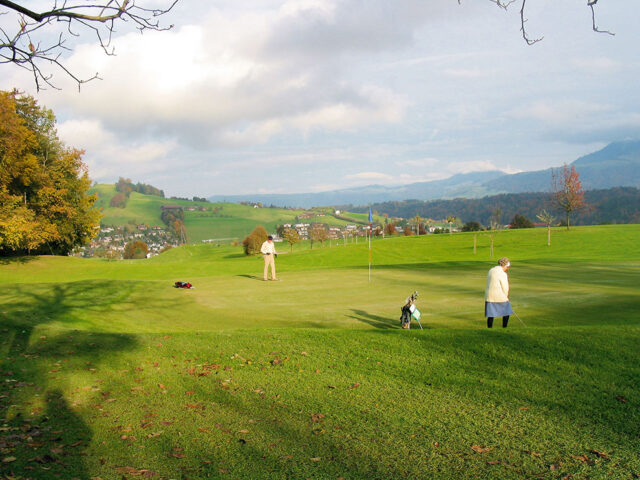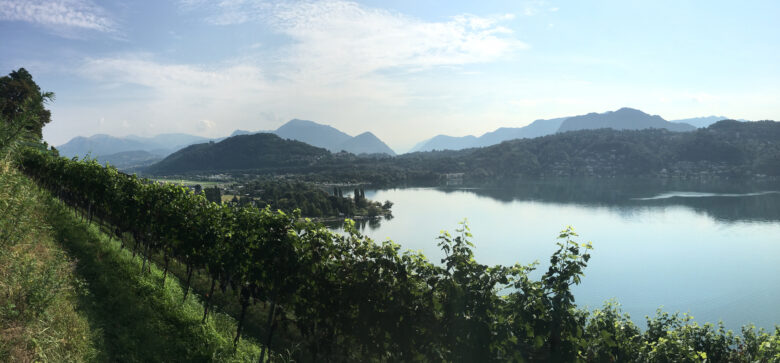In 1987/88, in 70 areas representative of the cultivated landscape totalling 37 km2 mapping of breeding birds, vegetation, landscape structures and intensity of use was carried out, and this was repeated in some of these areas (12 km2) in 2009/10. Significant changes were observed in use and vegetation as well as in the population of farmland birds. It was possible to demonstrate the effects of changes in land use on farmland birds. The next survey is to be carried out after a period of 20 years.
The Red-backed Shrike feels at home in the thorny hedges and individual bushes of the terraced landscapes near Ramosch
Habitat for meadow breeders in Tschlin
Pra Grond near Tschlin is a hotspot for meadow breeders
Development in the Engadine
Development of the cultivated landscape and breeding birds in the Engadine
Domain
Conservation
Unit
Agricultural Habitats
Topic
Population Development
Habitat
semi-open farmland, meadows and pastures
Project start
1985
Project status
ongoing
Project management
Erica Nicca
Project region
Grisons
Project team members
Species concerned
Unit
Agricultural habitats
We promote wildlife-friendly agriculture with more high-quality and better-connected habitats, fewer artificial fertilisers and fewer pesticides.

